Haruo (Kenichi Hajiwara) is a medical student struggling to accept the teachings of his supervisor, and desperate to escape a toxic relationship with his mother (Haruko Sugimura). When he runs into former classmate Eiko (Sayoko Ninomiya) they fall into a passionate affair – one put in jeopardy by Eiko’s possessive and controlling manager.
The Petrified Forest (1973) is a bleakly remixed Japanese film noir directed by Masahiro Shinoda. At first glance it boasts many of the most common elements of the noir genre: the weak-willed male protagonist, the femme fatale, the conspiracies to murder, and so on. Overlaid upon those elements, however, is a specifically Japanese context of traditional and foreign values colliding, a bleak sort of moral ambivalence, and a slightly heightened treatment of the characters’ inner turmoil. Noir tends to present its foolish heroes as in over their heads; it rarely immerses them in such despair.
Haruo essentially faces three struggles during the film. The first is his affair with Eiko, which soon boils over from a sexual tryst into a calculated murder. The second is his difficult relationship with his mother, who clearly aspires to a closer position than she currently holds and is not above manipulating Haruo to get what she wants. Finally, Haruo grows obsessed with a case at the local hospital in which the parents of a young boy with a brain tumour are pressured into allowing surgical intervention – unaware that the procedure may leave the child blind and deaf. Each plot thread on its own proves miserable and complicated. Once they start to interact, misery advances into disaster.
This morose sensibility is accentuated well by cinematographer Kozo Okazaki. Despite the occasional flourish, the film seems as visually grey as its morality. In moments it almost reflects another of Masahiro Shinoda’s works: 1975’s Under the Blossoming Cherry Trees. While that film presents very much a horror film in a period setting, the noir influence on its characters and the overall bleak tone feels very similar to Haruo’s dilemma. In both cases, a corruptable man suffers the whims of a selfish woman. At least in The Petrified Forest the woman seems more selfish and immature than the insanity presented in the later film.
Kenichi Hajiwara plays Haruo in a tightly wound and bottled up fashion, with an unsettling calm and seemingly endless tension. As Eiko, Ninomiya tends to push in the opposite direction: childish arrogance and immature neediness. It is Haruko Sugimura who truly excels as Haruo’s insidiously determined mother. Over the course of the film Sugimura teases out her character piece by piece, until the full depth and extent of her toxic nature is revealed. She is a sure-footed talent, with past credits including numerous Ozu classics including Tokyo Story, and is a valuable lynchpin for the production here.
Gloomy and morose, and packed with such questionable behaviour as to almost become unlikeable, The Petrified Forest is a miserable little gem of 1970s Japanese cinema. It is a peculiar phase for Japanese cinema, where original drama struggled to find a place between foreign imports and soft-core ‘pink’ films, and where many exceptional films failed to gain the international profile afforded to works of earlier and later decades. The Petrified Forest deserves a broader audience. Like so much of Shinoda’s repertoire, it screams for a re-appraisal.
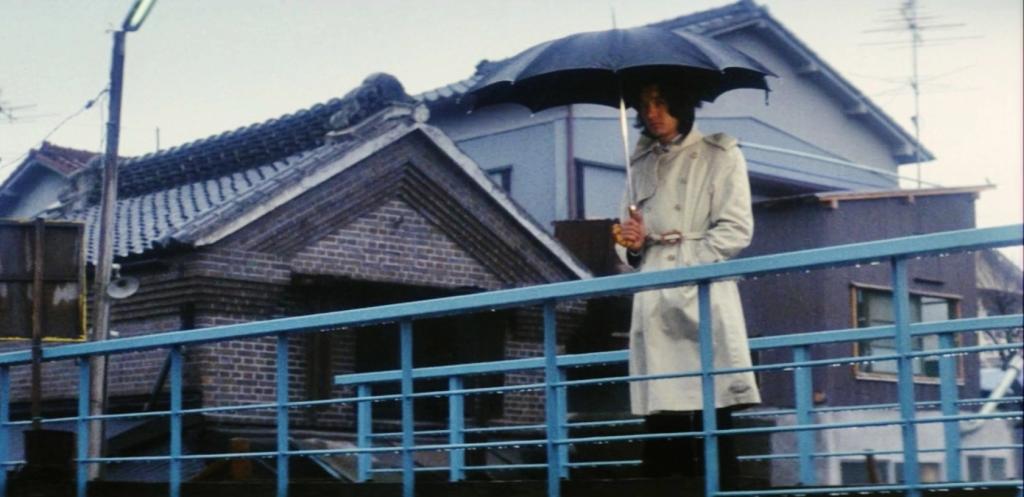
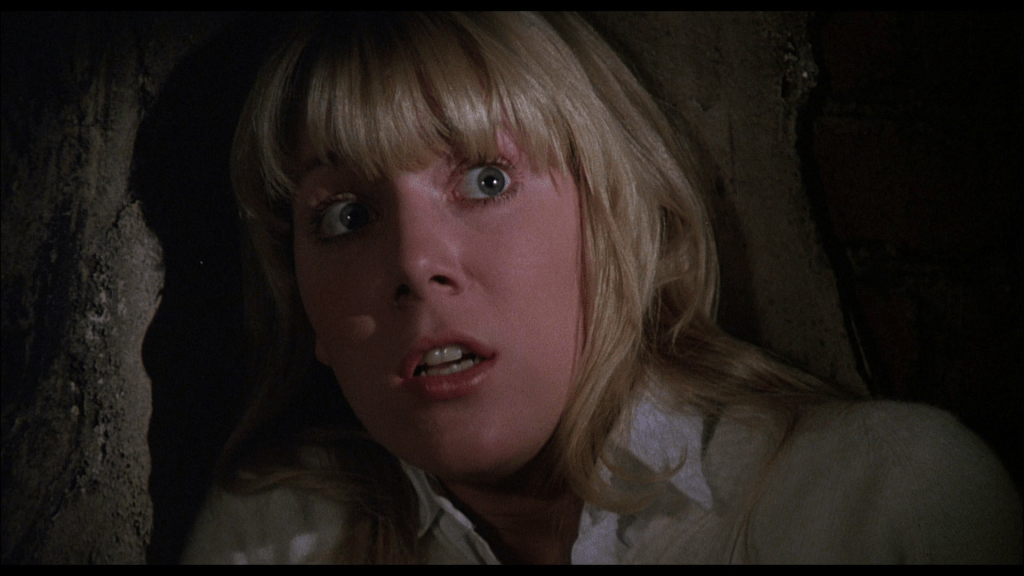
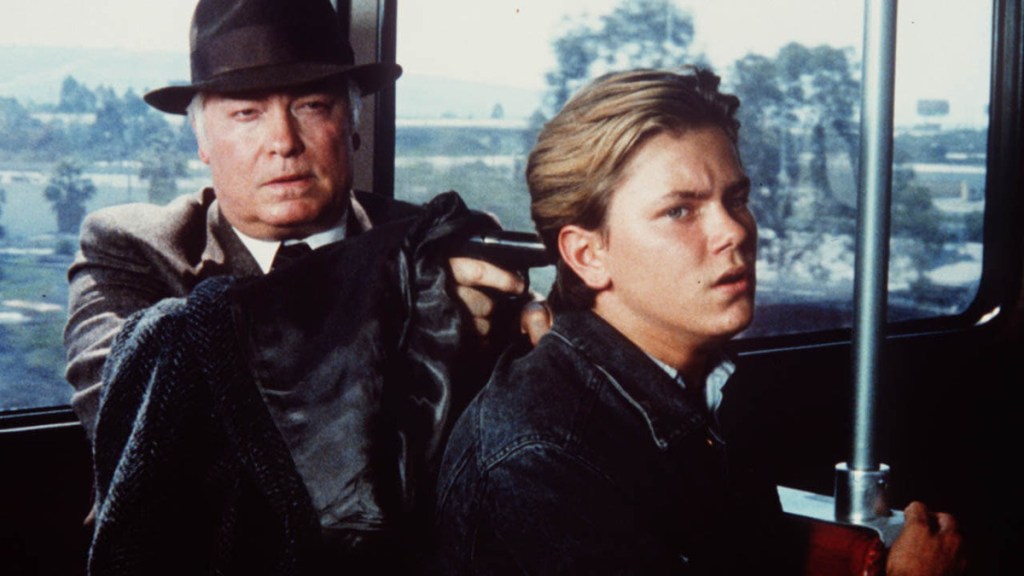
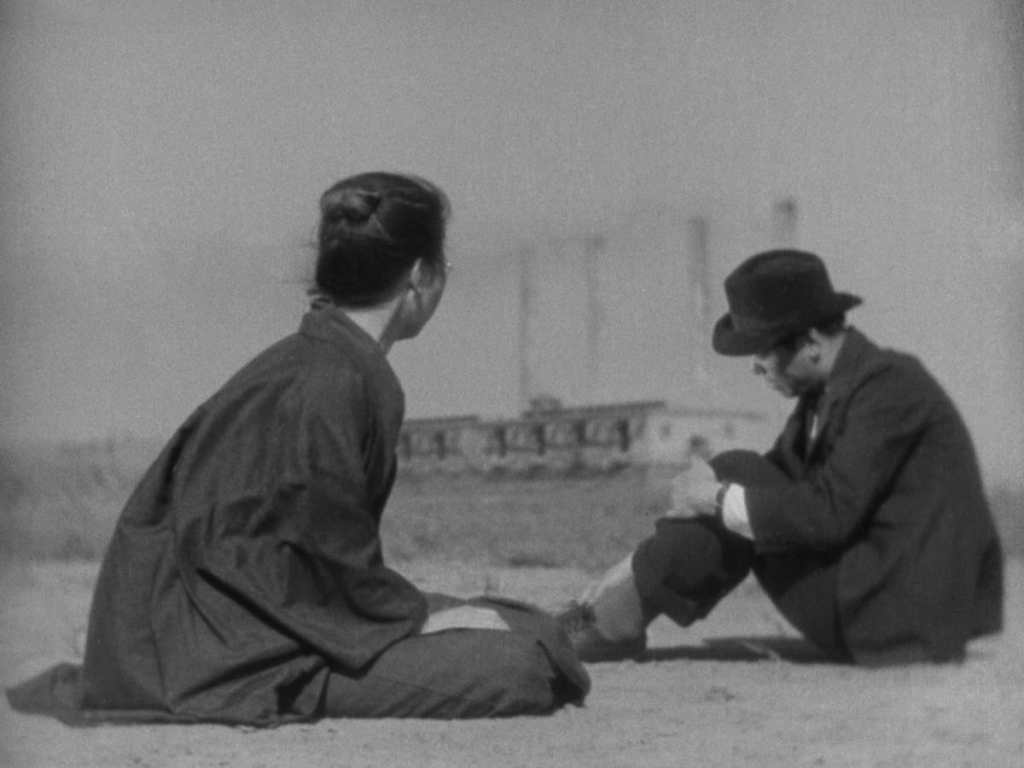
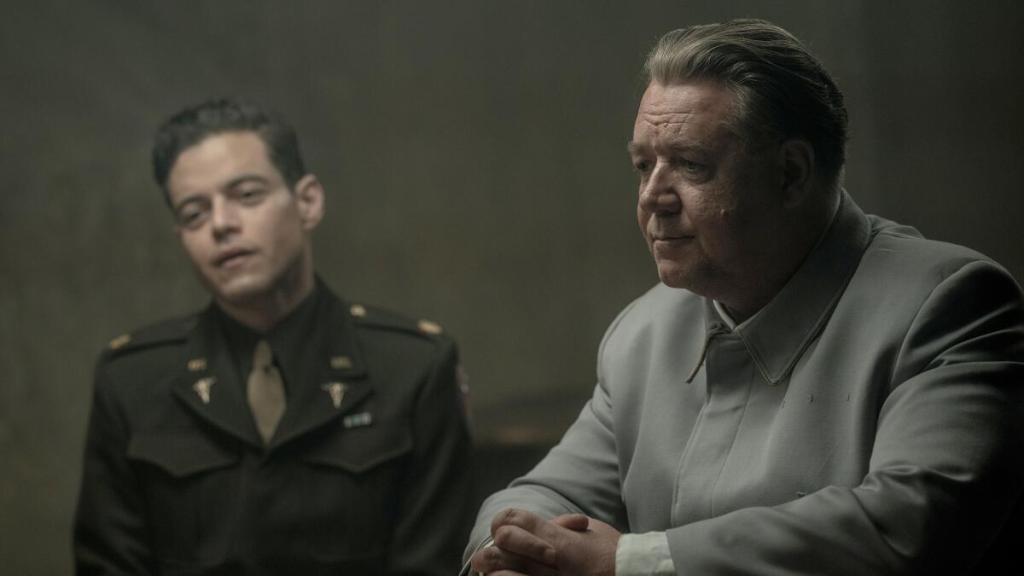
Leave a comment